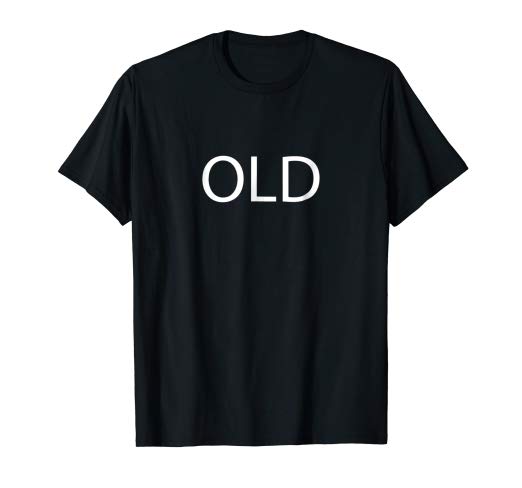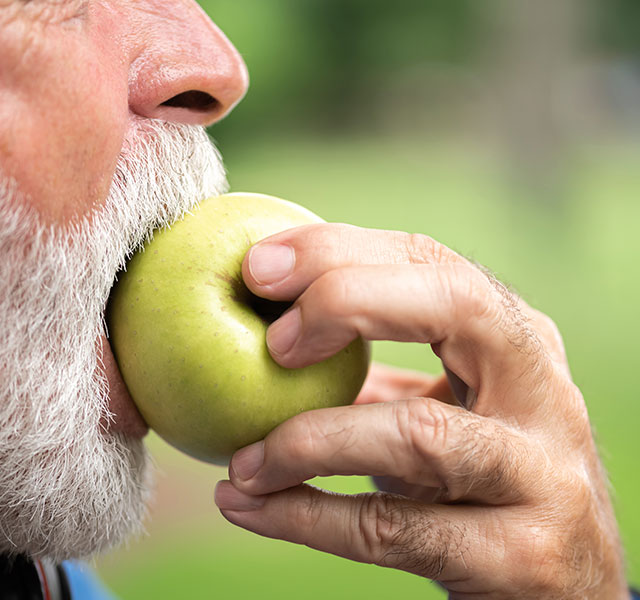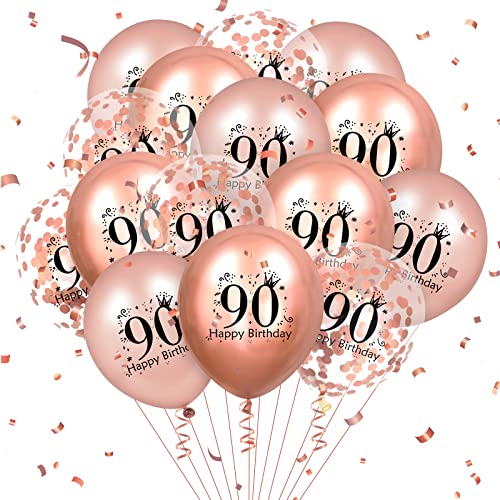I’m 84. That’s old and I don’t mind saying so. But for many people, the word old is such a turnoff that, on this website, we generally prefer euphemisms such as older, as in older adults. We don’t use old age either. A lot of publications make such compromises, for fear of driving potential readers away if they don’t.
I’d love to come out from behind the euphemisms and reclaim the word old, scrubbed clean of all the derogatory associations created and sustained by ageism. Social movements can sometimes redeem words once considered negative.
The civil rights movement offers one of the best examples. Back in the 1940s and ‘50s, African Americans were sometimes referred to as blacks. That wasn’t just a reference to skin color; the word had the aura of deep-rooted prejudices. Then in the 1960s, the Black Is Beautiful and the Black Power movements proclaimed that being black was something to be proud of. They embraced the word and transformed the way many people—black and white—felt about it.
It wasn’t until about 20 years later that the Rev. Jesse Jackson mounted a successful campaign to make African American the preferred term, on the grounds that it paralleled Italian American or Chinese American. But black is still alive and well, celebrated in contexts like Black History Month.
Words matter: they shape our ideas and behavior on a level we’re barely aware of. That’s why I care about old.
The women’s movement also challenged the nation’s vocabulary. When I was young, the language treated women as if we barely existed. People talked about mankind, for example. It was understood that this included women, but the word itself made it obvious that men counted, and women were a kind of accessory sex, not worth mentioning. Then there were all the words like mailman, chairman and Congressman that reflected the reality that those occupations were almost never open to women.
So many conversations and so much of what I read reminded me—just by the words used—that men were the superior sex. No wonder I believed, as many girls did, that men were better than women in most ways.
Years later, I wrote a book about the women’s movement and learned how and why feminists and others transformed the language. Today it reflects many of the changes in women’s lives. But there are still problems, and in recent years activists have taken on one of the nastier verbal insults hurled at women. They’ve done it by staging slutwalks to protest a culture that blames rape victims for being assaulted. In court cases, for example, it’s common for the defense to argue that a woman asked to be raped by the way she dressed or acted (“like a slut”).
As I’ve said, I’d like to reclaim the word old by throwing it in the faces of ageists. It seems to me that, while so many of us bend over backward to avoid using it to describe ourselves and others, we’re succumbing to ageism. And I believe that if you can change people’s vocabularies, you can begin to change the way they think.
Old Power, anyone? Or how about Old Is Beautiful? It often is.
But if the histories of social movements teach us that words can be reclaimed, they also demonstrate that the task is not easy. Reclaiming old will be difficult. It took years for the civil rights movement and the women’s movement to alter the language—years of sit-ins, street demonstrations, challenges in the media and in the courts, and much more.
So I have to accept the fact that we probably won’t be able to redeem old until we’ve made some real headway against all kinds of ageism. Fortunately, an anti-ageism movement is already underway. Activists like Ashton Applewhite are writing books, keynoting conferences and speaking out—passionately—all over the country. And people are listening.
Meanwhile, I can dream. I can imagine a time when reaching 70, 80 or 90 will seem like the achievement it is, and people my age will not only readily admit that they’re old—they’ll be proud of it.

Flora Davis has written scores of magazine articles and is the author of five nonfiction books, including the award-winning Moving the Mountain: The Women’s Movement in America Since 1960 (1991, 1999). She currently lives in a retirement community and continues to work as a writer.



